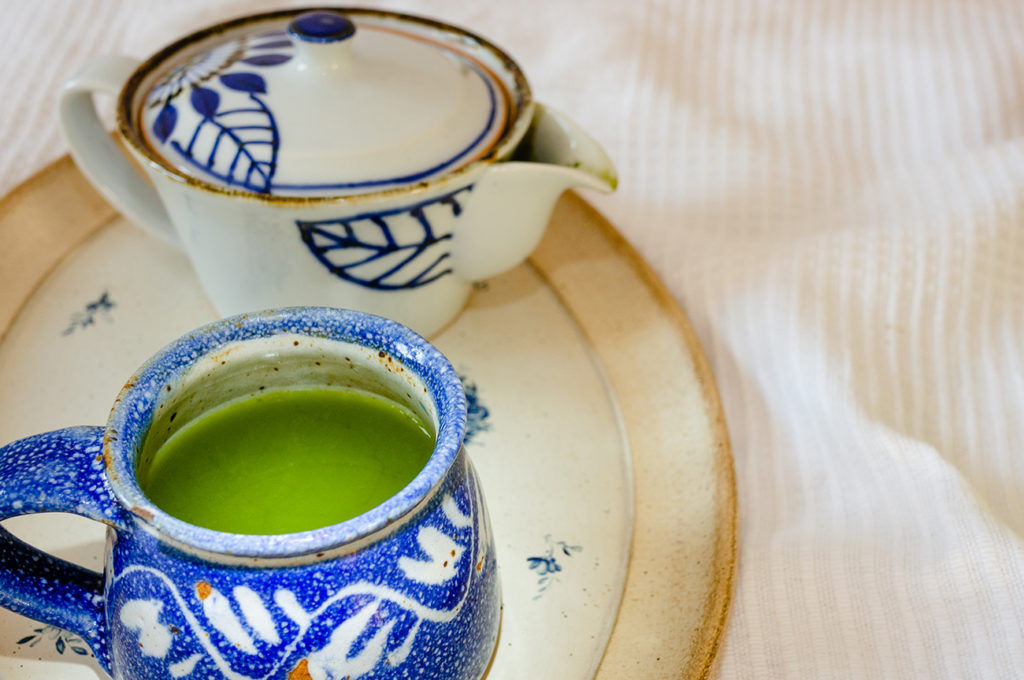
Wasei-eigo: Japanese-Made English
The Japanese national language, Nihongo (日本語), is spoken by about 125 million speakers. The history of the Japanese language can be traced back to Chinese documents as early as the 3rd century. Chinese had significant influence on the phonology of Old Japanese, but the Late Middle Japanese era (1185-1600) brought about some changes that are closer to modern Nihongo and the beginnings of European loanwords.
In 1853, after Japan’s self-imposed isolation ended, there was a continuous influx of loanwords, English loanwords in particular. Many Japanese words that are used today have been derived from English roots known as gairaigo. Wasei-eigo (和製英語) *literally, “Japanese-made English”), on the other hand, are English words that are coined in Japan and have been inserted into everyday Japanese expressions.
Here are some examples of wasei-eigo words commonly used in Japan.
Take out—teiku auto
If you buy some food at a restaurant or fast food place and want to eat it at home or elsewhere, you can ask the server you’d like your order “to go.” In Japan, the term “to go” is take out, or teiku auto. Not at all a farfetched notion since the food is literally being taken out of the restaurant.
Mug cup—magu kappu
A mug and a cup are practically the same thing. To put the two words together can only be logical if you want to lengthen the term for the contraption that holds your coffee from three letters to six. In Japan, the word magu kappu is used to differentiate a mug from a glass or a tumbler called “koppu”.
Morning call—moningu koru
If you are staying at a hotel, a morning call can mean being woken up by hotel staff at your requested time. The English term would be wake-up call. The phrase morning call is common in Japanese society, but it is simple to deduce that it can only mean the same thing.
Pipe cut—paipu katt0
A touch of humor is laced in wasei-eigo, as evidenced by this term that refers to a vasectomy.
Potato fry—poteto furai
Poteto furai is usually eaten with a hamburger or as a snack with an alcoholic beverage. It’s no secret that it is better known as French fries in the U.S.
Potato fries from McDonald’s, Tokyo. | iMorpheus
Foundation wrinkle—faundēshon jiwa
This term was created by young women to describe a person with too much pancake make-up on her face that it’s beginning to crack.
Cooler—kura
Now, this can cause a bit of confusion. In English, a cooler is usually something that would keep your beverage or food cold when you go to the beach or camping. It can even mean a refrigerator at the supermarket or convenience store. In Japan, kura means an air conditioner. Just something to remember when in Japan: it’s a no-no to keep your food and sodas in the cooler.

